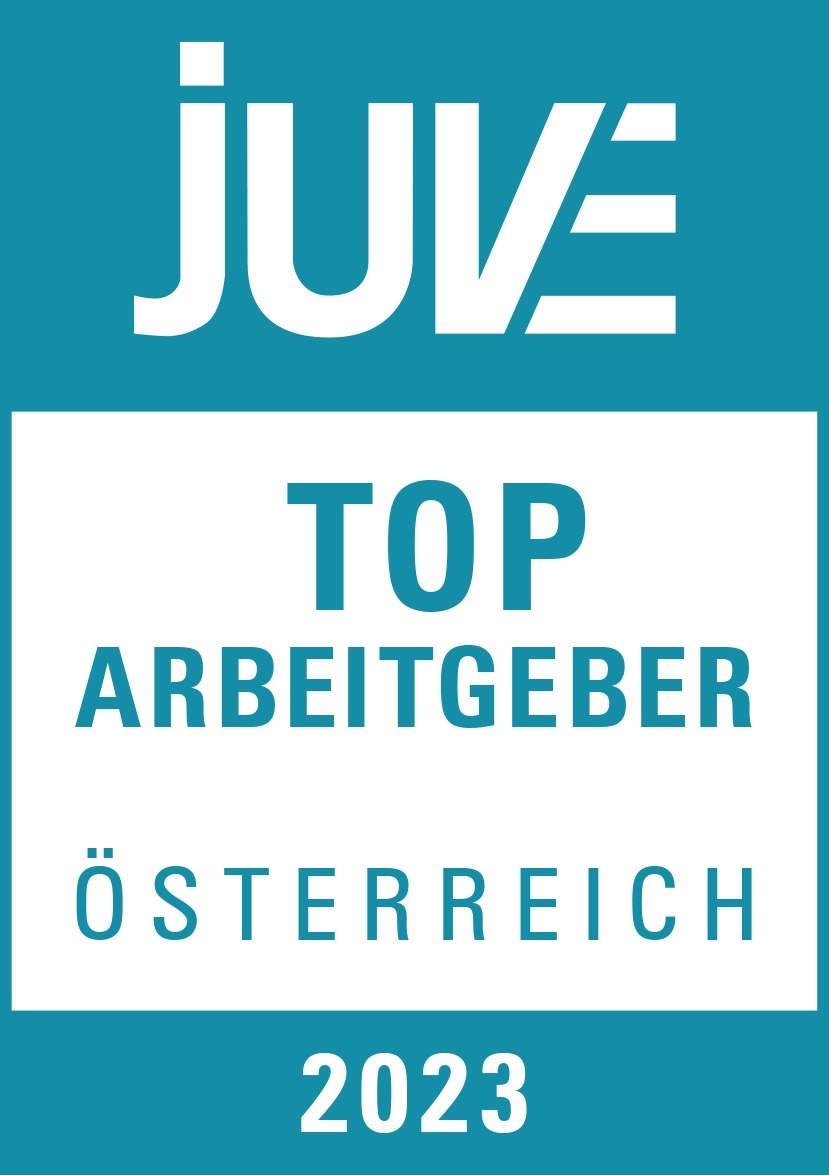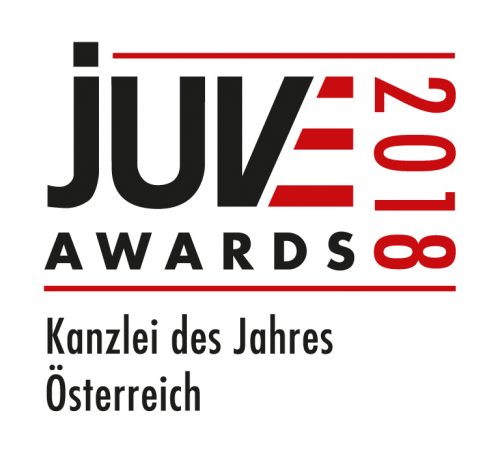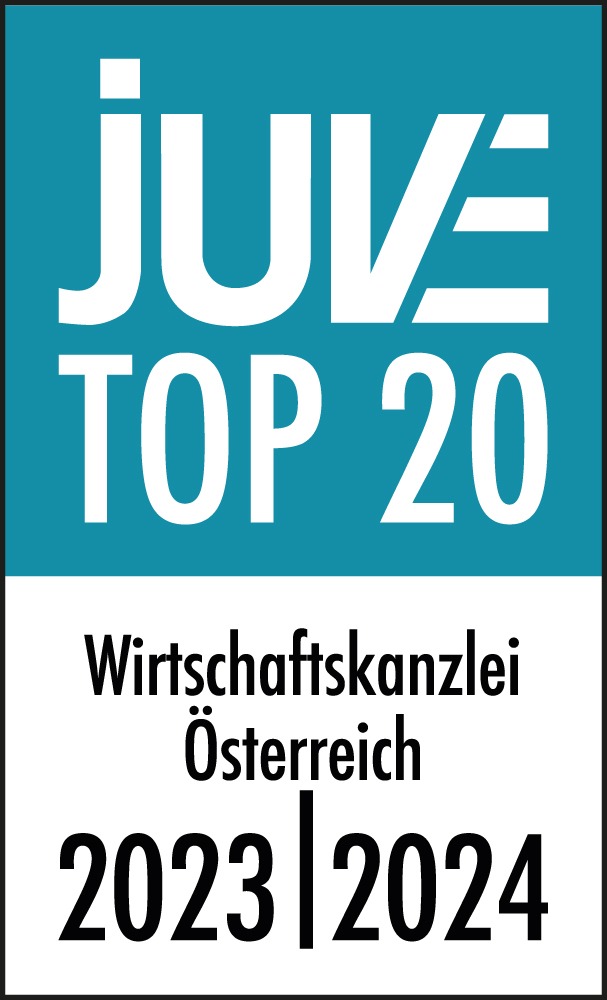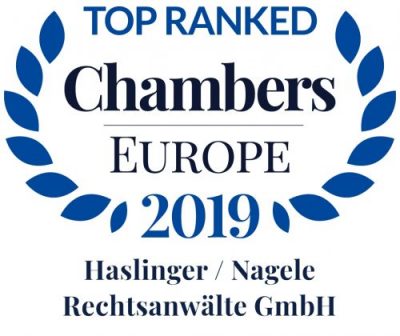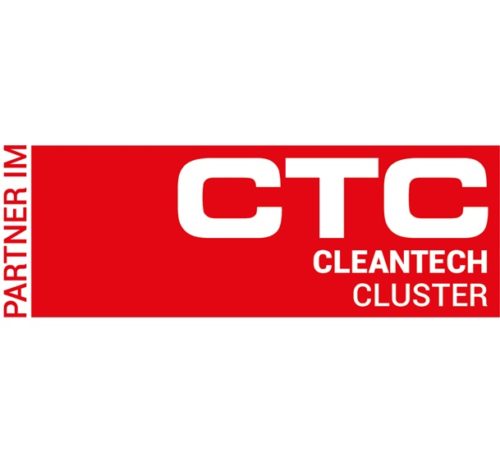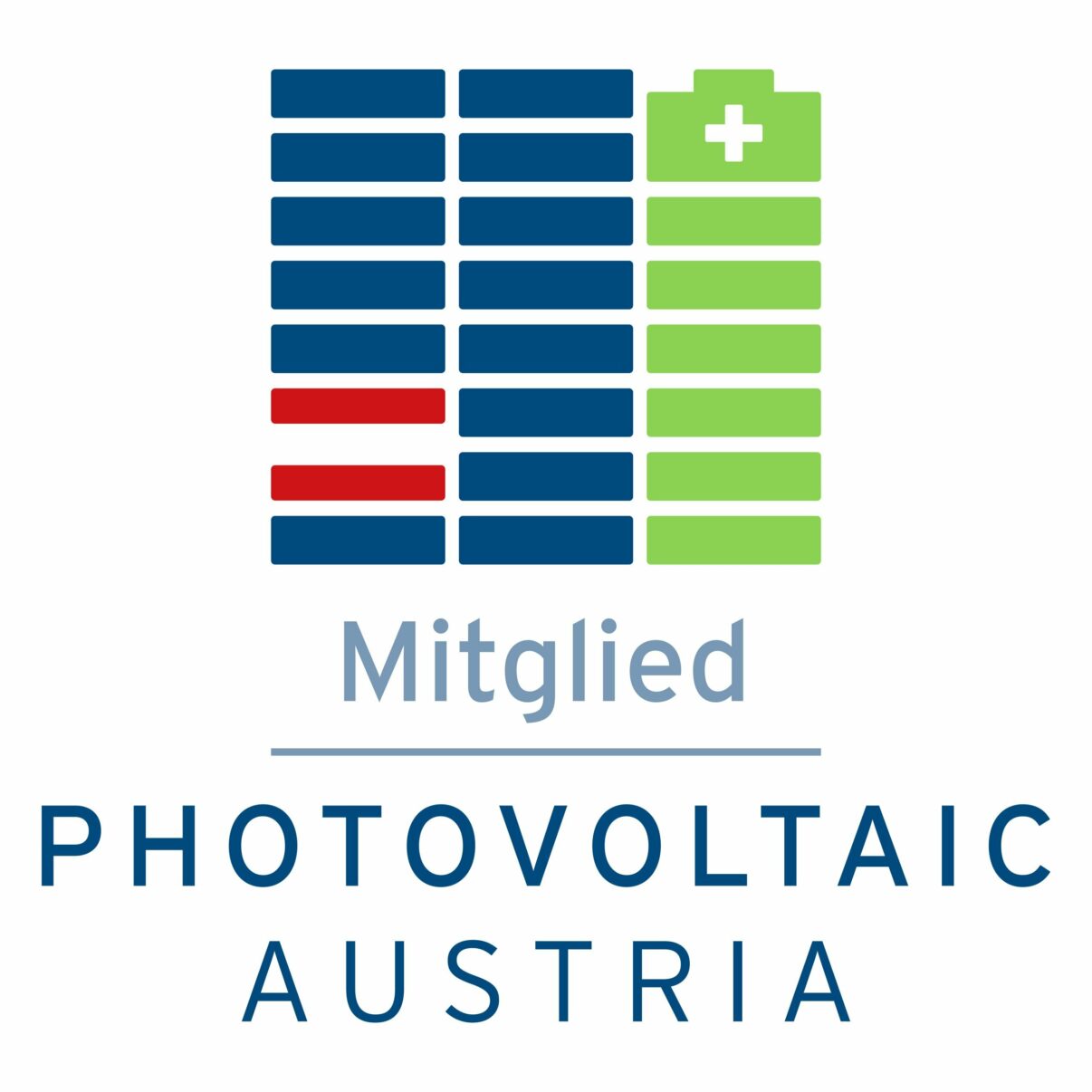Whistleblowing reporting systems
We help with implementation and processing!
In a recent decision, the ECJ further strengthens plaintiffs in antitrust damages proceedings. Competition authorities may be obliged to disclose evidence even if the proceedings before the competition authority have not yet been concluded, but only if disclosure is actually necessary and appropriate and the evidence is not privileged.
In January 2012, the Czech Competition Authority initiated administrative procedure concerning a possible abuse of a dominant position by České dráhy, a national railroad company. RegioJet, an affected competitor, subsequently filed a claim for damages with the Municipal Court of Prague in 2015.
In 2016, the European Commission itself initiated a formal investigation, whereupon the Czech competition authority suspended its own administrative proceedings in accordance with the rules on cooperation between the European Commission and national competition authorities. As part of its action for damages, RegioJet then filed a request for disclosure of various documents from the competition authority proceedings in accordance with national regulations.
To clarify whether the requested documents may be disclosed, the Czech Supreme Court referred several questions on the interpretation of the Antitrust Damages Directive to the ECJ, which answered them in a recent decision (C-57/21, RegioJet).
It should be noted in advance that antitrust law does not treat all evidence equally. In order to create incentives for companies to cooperate with the authorities, absolute disclosure protection is, for example, provided for leniency statements and settlement statements. Such evidence forms the so-called “black list“.
In addition, there is evidence that is neither leniency statements nor settlement statements, but which was prepared by companies or individuals specifically for the competition authority proceedings. Their disclosure may only be ordered once the competition authority has terminated its proceedings by issuing a decision or in some other way (“gray list“).
All other evidence falls under a white list. There is no per se privilege for them. Their disclosure may be subject to a proportionality test (see below).
The questions referred primarily concerned evidence falling under the so-called gray list. The ECJ stated that an interruption does not constitute a termination of proceedings and that gray-listed evidence should therefore not be released at such a stage.
Delicate is the question of when a document was created for the competition authority proceedings and therefore receives a certain protection against disclosure.
In this regard, the ECJ states that it is not sufficient that certain documents were submitted by companies in the competition authority proceedings, unless they were specifically created for these purposes. Thus, documents that already existed prior to the start of proceedings generally fall into the white list and do not enjoy any special protection (with the exception of the proportionality test already mentioned).
The Member States are free, moreover, to provide for a procedure for examining the categorization of documents – but with the proviso that other parties and third parties do not already have access to the documents in the course of the examination. Involving third parties in the examination would render the privilege meaningless. Disclosure can only take place if the result of the examination shows that disclosure is legal.
Back to the white list: While white list evidence does not enjoy specific protection, it does not have to be handed over on demand. Rather, a proportionality test must be carried out by the national court. The court must assess whether it is actually necessary and appropriate to hand over the evidence. While “private enforcement” and thus the interests of plaintiffs in obtaining compensation for alleged cartel damages are given high priority, so-called “fishing expeditions” by plaintiffs are to be avoided in particular. Parties of the competition authority proceedings could object to the proportionality of disclosure, for example, by arguing that the disclosure of certain documents is not relevant to the plaintiff making the request. Whether such objections are successful depends on their persuasiveness. Once again, a gray area has opened up, within which not only the parties (initially) but also the national courts have to find their way around.
Overall, the decision fits in well with previous case law on the handling of evidence in antitrust damages proceedings. However, it primarily affects the gray and white lists, and here too (inevitably) leaves difficult considerations to the national courts. It also remains to be seen how the ECJ will decide in a preliminary ruling procedure that is already pending on the handling of blacklisted documents.
If you have any further questions on this topic, please do not hesitate to contact our experts Alexander Hiersche and Isabelle Krug from the Antitrust and State Aid Law team.
This article is for general information only and does not replace legal advice. Haslinger / Nagele Rechtsanwälte GmbH assumes no liability for the content and correctness of this article.
13. April 2023
